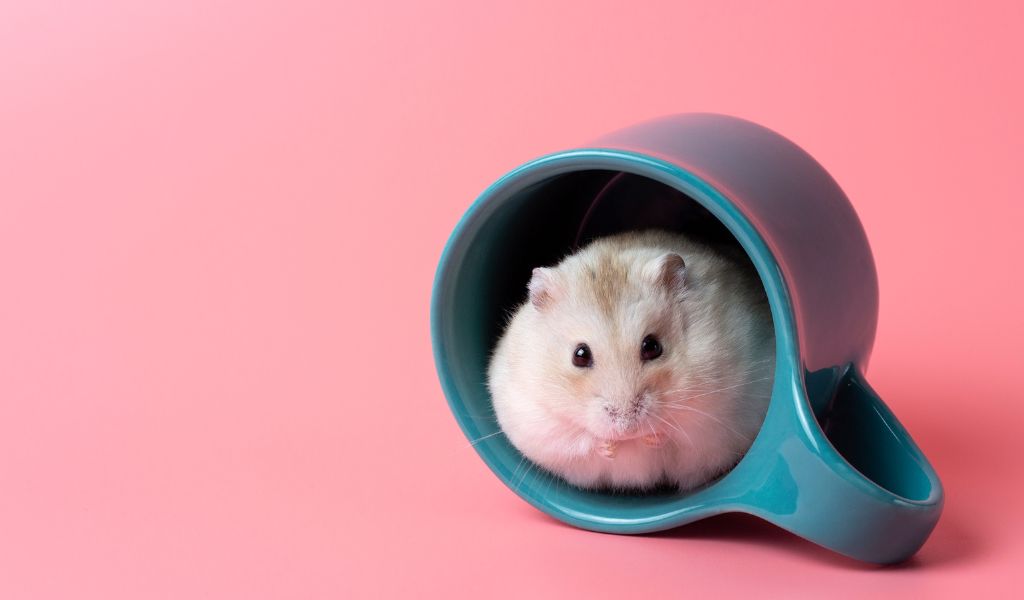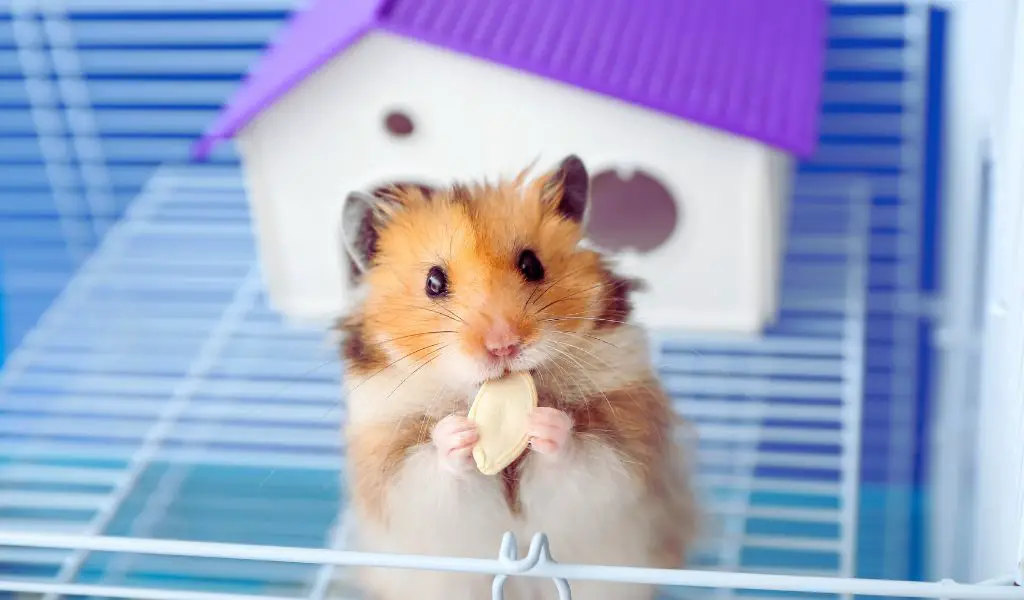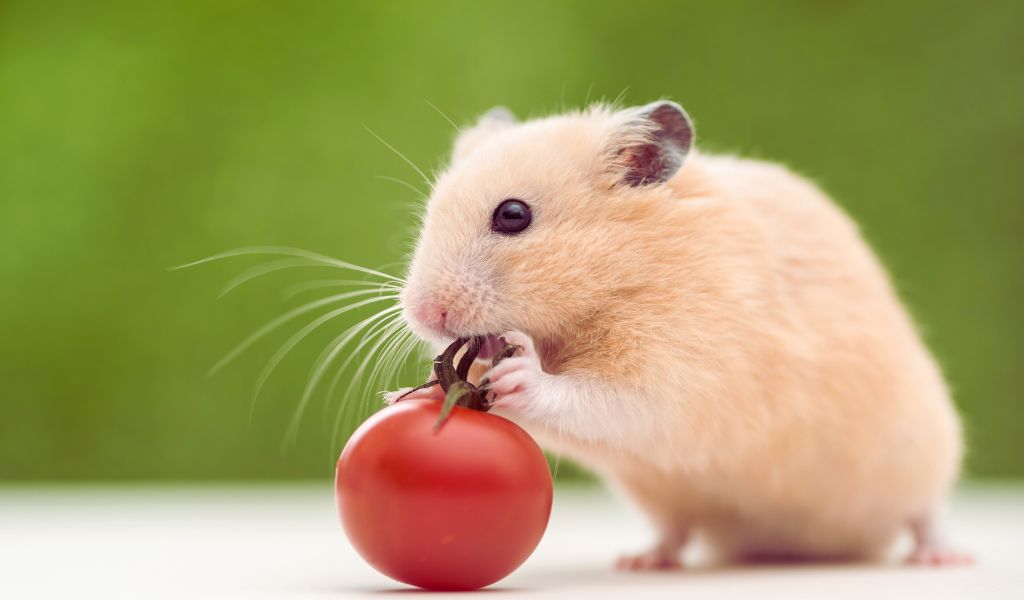Pet hamsters are beloved small mammals known for their endearing personalities and minimal space requirements, making them ideal pets for animal lovers living in compact spaces.
This article delves into the different types of pet hamsters, providing insights into their unique characteristics, care needs, and how to choose the right hamster to bring into your home.
The Fascinating World of Pet Hamsters
Pet hamsters come in various breeds, each with its distinctive traits and care needs.
Understanding these differences is crucial for potential pet owners to ensure they can provide the best care for their furry friends.
Syrian Hamsters. Gentle Giants
Syrian hamsters, also known as Golden Hamsters, are among the most popular pet hamsters.
They are known for their solitary nature, requiring separate living spaces to prevent aggression.
Syrian hamsters boast a variety of coat types and colors, from short and sleek to long and fluffy, making them a favorite among pet enthusiasts.
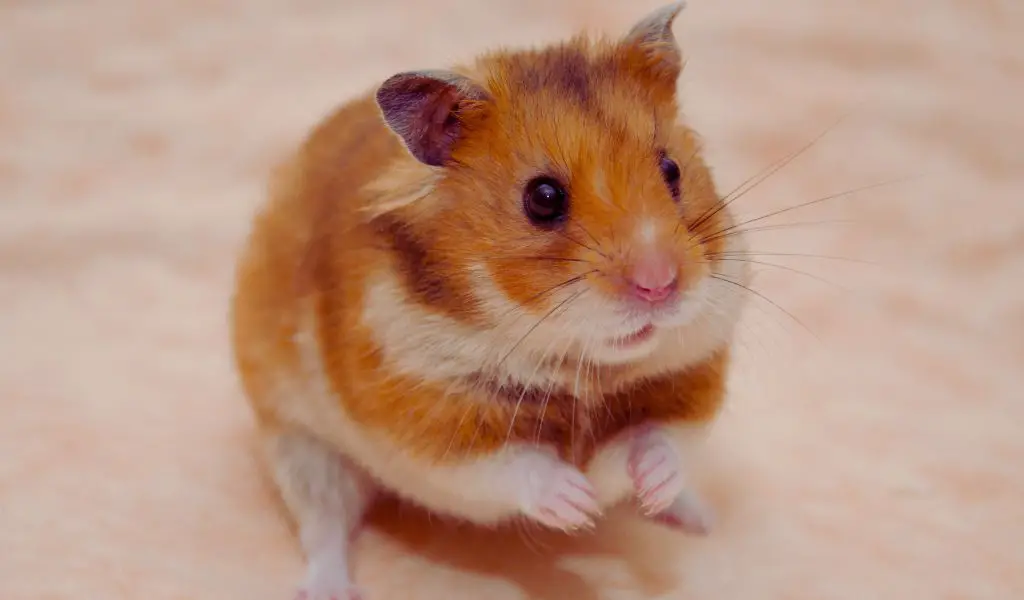
Dwarf Hamsters. Tiny and Energetic
Dwarf hamsters are smaller than their Syrian counterparts and are known for their sociable nature, often thriving in pairs or small groups.
However, their high energy levels and speed make them a bit more challenging to handle, especially for young children.
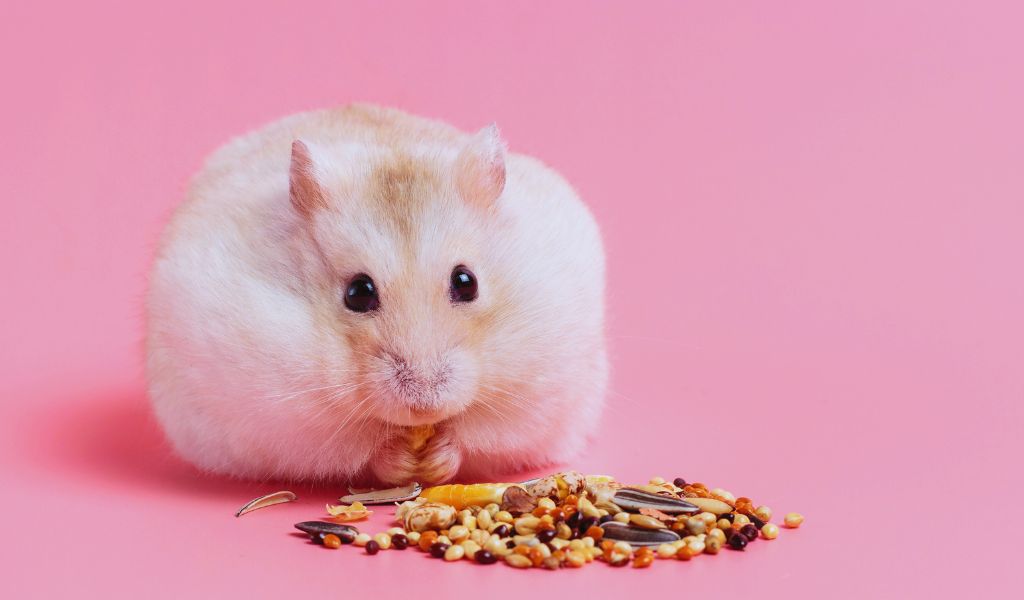
Types of Dwarf Hamsters
- Russian Dwarf Hamster: These hamsters are known for their friendly disposition and adaptability to handling, making them excellent pets for families.
- Roborovski Dwarf Hamster: The smallest of the dwarf hamsters, Roborovskis are fast and active, often entertaining to watch but challenging to tame.
- Chinese Hamster: Although not a true dwarf, the Chinese hamster is petite and slender with a longer tail, known for its gentle nature.
Choosing the Right Hamster for You
Before adopting a hamster, consider factors like lifespan, care needs, and temperament.
Syrian hamsters are great for those looking for a more interactive pet, while dwarf hamsters are suitable for experienced owners who enjoy observing their pets’ antics.
Hamster Care Essentials
Regardless of the type, all hamsters require a diet of seeds, grains, vegetables, and occasional protein sources.
A spacious cage, nesting materials, and regular veterinary care are essential to keep them healthy and happy.
Hamster Habitats. Creating a Comfortable Home
A proper habitat is crucial for your hamster’s well-being.
Ensure the cage is spacious enough for exercise and exploration, equipped with a wheel, tunnels, and chew toys for enrichment.
The Importance of Exercise and Enrichment
Exercise wheels and playtime outside the cage are vital for your hamster’s physical and mental health.
Enrichment activities, such as puzzle toys and foraging games, can also enhance their quality of life.
Common Health Issues and How to Prevent Them
Hamsters can suffer from various health issues, including dental problems, obesity, and respiratory infections.
Providing a balanced diet, clean living environment, and regular health checks can prevent many of these conditions.
The Social Life of Hamsters: Understanding Their Needs
While Syrian hamsters prefer solitude, dwarf hamsters enjoy companionship.
Understanding your hamster’s social needs is essential for their happiness and well-being.
Owning a hamster offers a unique joy and companionship. By understanding the different types of pet hamsters and their specific needs, you can ensure a fulfilling and healthy life for your furry friend.
FAQs
Can Syrian and Dwarf hamsters live together?
No, Syrian hamsters are solitary and may harm dwarf hamsters if housed together.
How long do pet hamsters live?
On average, Syrian hamsters live 2-3 years, while dwarf hamsters live about 1.5-2 years.
Do hamsters need daily interaction with humans?
Yes, regular handling and interaction can help tame your hamster and reduce stress.
Can hamsters eat fruits and vegetables?
Yes, but in moderation. Some fruits and vegetables can be harmful, so research before feeding.
How can I tell if my hamster is happy?
A happy hamster is active, eats well, and shows curiosity about its surroundings. Signs of stress or illness include lethargy, loss of appetite, and aggressive behavior

